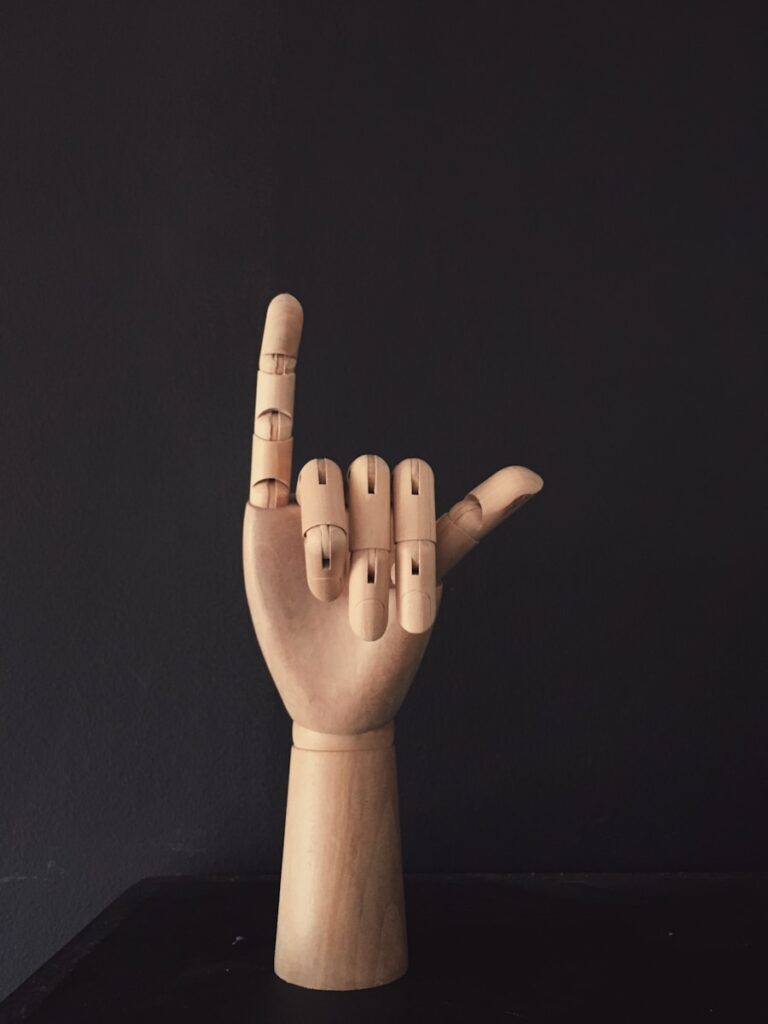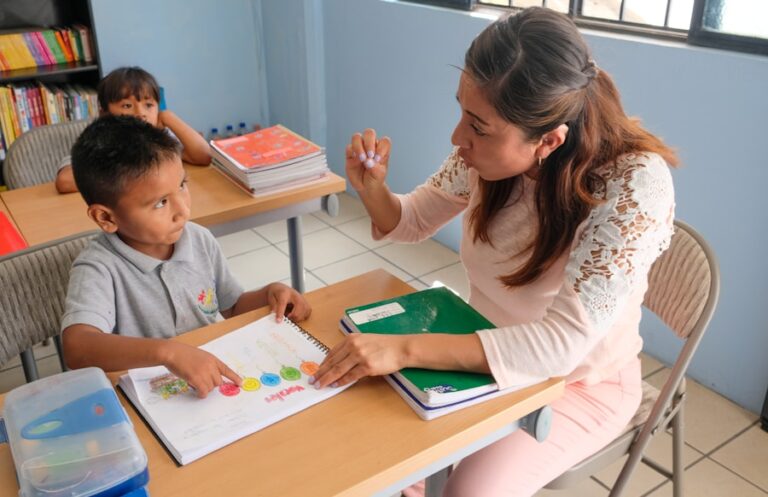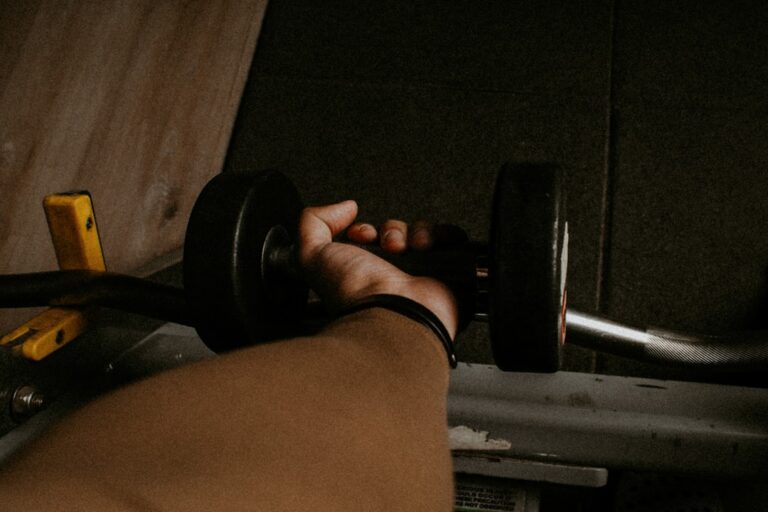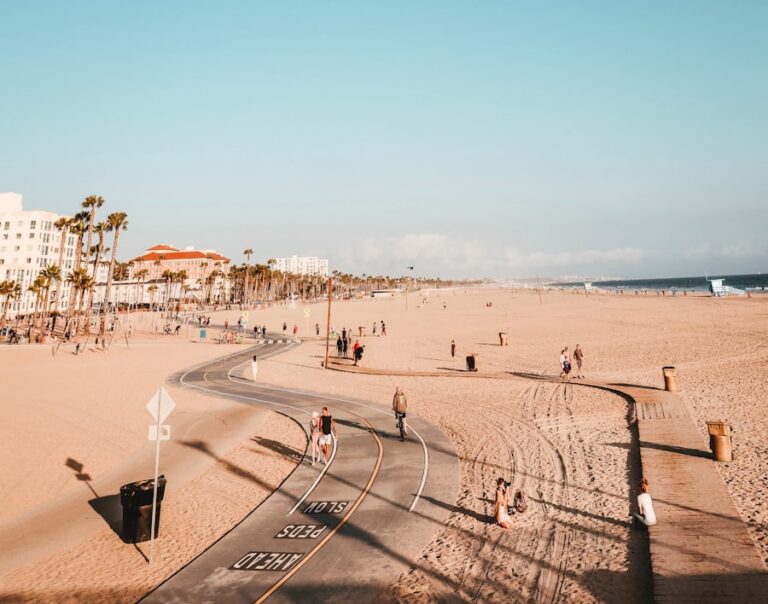The Ultimate Guide to Taking a Mixology Class
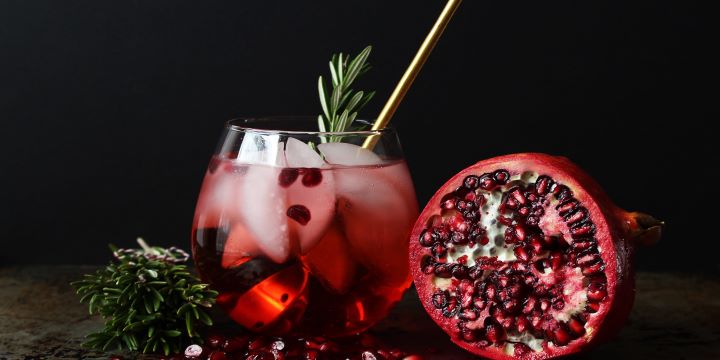
Plenty of online mixology classes are available if you’re interested in learning how to make cocktails but don’t have the time or budget for a live class. These virtual courses eliminate geographical limitations and give students a more comprehensive bartending experience. Embarking on a mixology class is a transformative experience beyond learning recipes – it explores taste, creativity, and craftsmanship.
The Basics
When you sign up for a mixology class, the instructor will guide you through learning how to make classic cocktails. You will learn about the tools needed and how to use them correctly. You will also learn about the history of cocktails and how they have evolved. You will discover how to mix and match different flavors to create delicious drinks. To take a virtual mixology class, you must have a computer and an internet connection. You will also need a webcam and speakers for the video chat. Many online cocktail courses are available, but you should select one that a professional bartender or mixologist leads. This will ensure that you get the best possible experience.
The instructor will provide cocktail-making recipes and instructions in a virtual class. You can follow along in real-time and learn how to make the cocktails. Some of these classes include videos of the drinks being made so that you can see how they are created.
A virtual mixology class is a great way to relax and socialize with friends. You can also organize a private online group mixology class for your team as a fun team-building activity. Unlike in-person classes, these online courses eliminate geographical limitations and allow a greater range of instructors and cocktail recipes.
The Tools
Whether you’re working behind the bar at your favorite local bar or simply serving drinks at home, mixology is a skill that requires specific tools. From cocktail recipes and spirits knowledge to glassware, garnishes, and more, a bartender needs to be well-equipped to make the perfect drink for any occasion.
While the exact tools may vary by bar, some common mixology tools include a jigger, bar spoon, muddler, and shaker. A jigger helps measure cocktail ingredients and ensures that each drink has the correct proportion of alcohol, while a muddler is used for mashing fruit and herbs to release their flavors. A shaker is an essential tool that helps bartenders easily mix their cocktails. There are several types of shakers, including a Boston shaker, a Cobbler shaker, and a French shaker.
In addition to these tools, a bartender should have a variety of other supplies. A drip tray is placed beneath the tap dispensers on a bar to catch and store spilled liquids. A citrus squeezer is useful for squeezing fruits and releasing their juices. A garnish tray is convenient for storing and dispensing the garnishes and condiments with each cocktail.
Additionally, a bartender should have a wine key and bottle opener to open wine and beer bottles. Finally, a bartender should have ice to chill and serve their drinks.
The Techniques
If you want to elevate your bartending skills, taking a mixology class is a great option. These classes teach essential techniques, like muddled cocktails, shaking and stirring, and creating garnishes. They also cover important topics, such as the history of drinks and how to use different spirits.
Bartending is a unique profession that requires both creativity and technical expertise. It involves serving alcoholic beverages socially and maintaining high customer service. In addition, bartending involves memorizing cocktail recipes and preparing ingredients. While on-the-job training and bartending experience can help refine your skills, taking a mixology class online is often easier.
A mixologist is a bartender who creates unique alcoholic drink recipes and serves them to customers. They may also ensure that their establishment supplies enough alcohol and other ingredients. Sometimes, they may even have to contact vendors and place orders for their inventory.
Bartending is a popular and lucrative career path for people passionate about mixing cocktails. It can be a fun and exciting way to make extra money and an excellent opportunity to meet new people. However, it’s important to understand the difference between bartending and mixology before starting your career in this industry. Both jobs involve making and serving drinks, but bartending focuses on following existing recipes, while mixology combines classic cocktails with new ingredients and styles.
Mixologists
In a broader sense, mixologists are professionals well-versed in the culinary art of creating and mixing cocktails and other alcoholic drinks. They understand the history of the ingredients, how they interact, and how to make palate-pleasing combinations. They are also trained in the science behind each drink’s creation, including its nutritional and health benefits.
Many mixologists begin their careers as bartenders, learning the basics of the craft before working up to a position as a head bartender or becoming a mixologist. Others possess a burning desire to learn and decide to attend a professional bartending school and receive proper training and certification.





